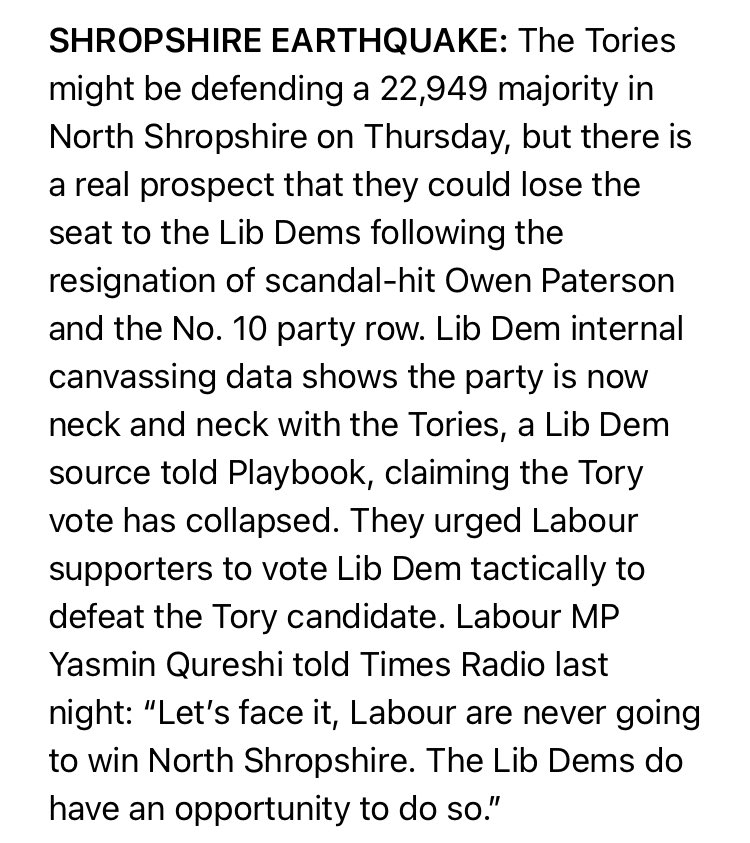
Why have they abandoned population testing and contact tracing to identify/seclude clusters of infections?
They recommend only testing cases in hospital.
Won’t this ensure that the spread of the virus is intense and will cause more infections and more deaths in the near term?
They recommend only testing cases in hospital.
Won’t this ensure that the spread of the virus is intense and will cause more infections and more deaths in the near term?
https://twitter.com/guardian/status/1239288688841981957
Why do they recommend self-isolation only for people with symptoms when Maria Van Kerkhove of the WHO reports that “it seems that people shed more virus in the early phases rather than the late phases of disease”?
Asymptomatic contacts may be highly infectious, so they should be tested, isolated and followed up in the community. Will they set up quarantine centres to help those who have no family support or are homeless, or need social care?
What are their plans for national, district, municipal, village and community mobilisation? “Nudge” is not enough. We need to devolve power and autonomy to allow locally intelligent decisions around a coherent national strategy.
What is their detailed strategy for screening of infected people in the home, and provision of CT scans for those with early signs of pneumonia and to identify those at high risk?
Without an all-out national mobilisation for social distancing, are the behavioural and nudge strategies really evidence-based to flatten the peak? Or simply based on models?
Why are we emphasising herd immunity now? Does coronavirus induce strong herd immunity or is it like flu, where immunity remains weak and new strains emerge each year? We have much to learn about Covid-19 immune responses. Doesn’t this contradict WHO policy?
Tedros Adhanom Ghebreyesus, WHO director-general, said after declaring a pandemic: “The idea that countries should shift from containment to mitigation is wrong and dangerous.”
Shouldn’t we wait to see the China situation? They have contained the epidemic after seven weeks of intensive national effort. Will epidemics break out again in new states? Maybe. Will their strengthened systems not contain them quickly and effectively?
What is their herd immunity to date? We don’t have the data available but new tests are coming online. It might be substantial, without a massive epidemic.
The WHO policy – practised by China, South Korea, Singapore, Taiwan and Hong Kong – is to keep things damped down until drugs and a vaccine are available. Vaccines are a safer way to develop herd immunity, without the risks associated with the disease itself.
Is it wise or ethical to adopt a policy that threatens immediate casualties on the basis of uncertain future benefit?
What is the policy to promote social distancing? How can we promote advice for families, mass gatherings, schools, workplaces, restaurants, theatres? And can we make it locally relevant?
School closures might be phased depending on the intensity of transmission based on local data about clusters, as they did in Singapore. But we need testing and sharing of information online for local decisions.
Finally, on the precautionary principle, shouldn’t we go all out to damp this epidemic down, with all possible measures, whether evidence is strong, uncertain or weak, and worry about herd immunity when we have more evidence?
The stated government policy is to allow 40m people to become infected. This could mean 6 million hospital admissions, 2 million requiring special or intensive care, and 402,000 deaths if the chief medical officer Prof Chris Whitty’s 1% estimate of mortality is correct.
We can suppress this epidemic in the way that China and other countries have done. Then we can worry about how to loosen up, and hope that a vaccine comes onboard. But we need to act now. Every day of delay will mean more people become infected or die.
• • •
Missing some Tweet in this thread? You can try to
force a refresh







